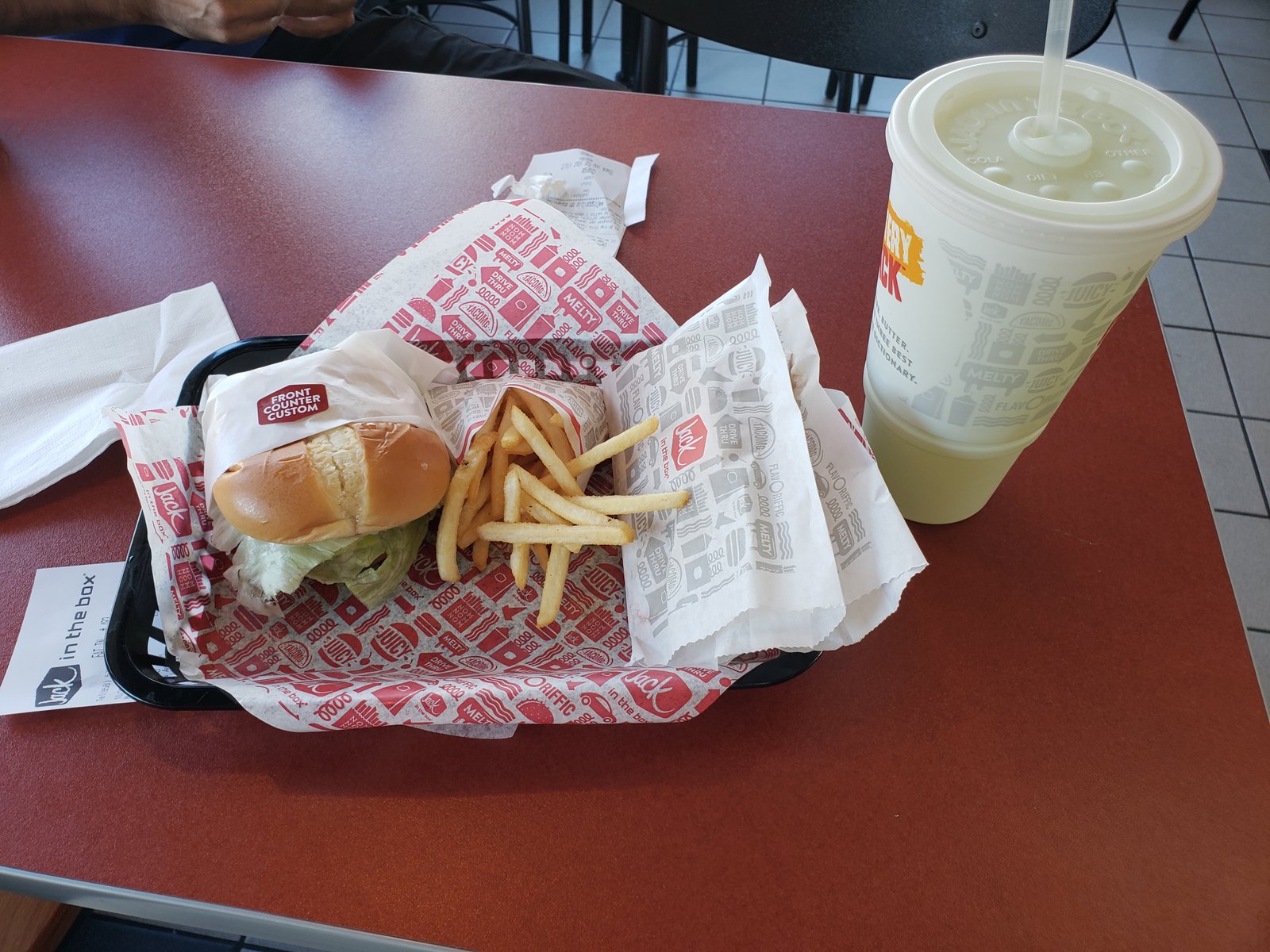Jack in the Box is a popular American fast food franchise operated by Jack in the Box Inc. After its founding in 1951, the company went on to open more than 2,200 Jack in the Box restaurants in Guam, the Southern and Western US. If you are considering opening a Jack in the Box Franchise, you can find out the costs here. Considering that the franchise only has a strong presence in 21 states, it presents a unique opportunity for discerning investors.
Franchisees find this an interesting prospect because of their market gaps and menu, unlike those typically found at most quick-service restaurants. Their menu includes the obligatory french fries, chicken tenders, and cheeseburgers, and they also include exotic food items like egg rolls and tacos. This article will detail what it takes to open a Jack in the Box Restaurant.
Initial Investment
Potential investors are required to pay between $1.7 million to $2.7 million depending on the size, location, number of staff, and a variety of other factors. We will break down these initial costs below.
Franchising and Building Fees
You will need $50,00 for the initial franchising license and engineering/architectural fees of between $49,00 to $166,000. Onsite and building improvements are awarded a large chunk that varies between $286,000 to $507,000 and $611,000 to $785,000, respectively.
Franchisees are offered the option of constructing a brand new restaurant or setting up at a location that is already built. You will need to choose a location that offers drive-thru services and has seating for about 30 to 100 clients. At times, the franchisor has been known to approve restaurant formats that are not traditional.
Furniture, Equipment, and Inventory Costs
The furniture and equipment necessary are allocated $408,000 to $525,000. Your training and inventory expenses before opening amount to between $50,000 and $55,000, with an additional pre-opening emergency fund of $14,000 to $17,000. Uniforms cost between $1,500 and $3,000. The initial inventory you need to get your store up and running will cost between $12,000 and $20,000.
Assessments, Reports, and Licensing Fees
You will also have to obtain an environmental assessment report that will cost you anywhere between $2,500 to $34,000. A Free for Trade Area Survey will cost you an additional $7,000. IT equipment and installation services cater for $45,000 to $60,000 of the total investment, with an additional $1,000 dedicated to computer software licenses. The budget also includes operating cash reserves between $1,200 and $3,000. Utility deposits and business licenses have an allocation of $500 to $3,000.
Operational Funds to Sustain Restaurant for Three Months
The final item in your budget will be operational funds to run the business for three months before you realize a profit. These costs include rent, salaries, supplies, and other expenses you incur in the course of business. This important fund is awarded a minimum of $ 165,000 to $459,000.
Ongoing Fees
After paying the initial franchise fee of $50,000, Jack in the Box franchisees will have to pay additional monthly fees as set out in the franchise agreement. Franchisees are required to pay a monthly royalty fee of 5% on their gross monthly sales. In certain circumstances, the franchisor may increase or decrease this rate. An additional marketing fee of 5% of sales is payable to find the franchisor’s marketing program. A quarterly royalty of 40% of net revenue is payable for income generated by devices and games like arcade boxes, slot machines, and ATMs.
Financial Assistance
Jack in the Box does not have a policy of offering to finance for operation or establishment of new franchise locations. At times, the franchisor offers built-to-suit assistance that helps franchisees meet their construction obligations at a reduced cost. The franchisor also offers to broker the sale of certain equipment on behalf of franchisees per terms set out in a Master Technology Agreement.
The alternative is a development incentive program that loans the franchisee $150,000 for developmental costs at zero interest should they meet certain terms. These terms include opening the franchise within a specified timeframe set in a Development Agreement. In some cases, the franchisor seeks a similar no-interest loan from other franchisees at no additional fee. Franchisees who benefit from this service may be called upon to help other franchisees in a similar manner if they are deemed capable.
